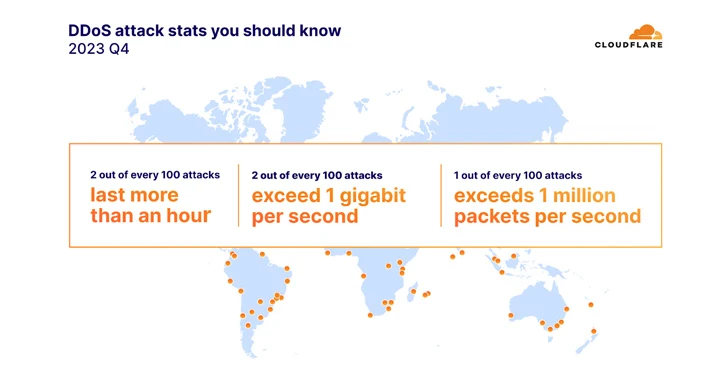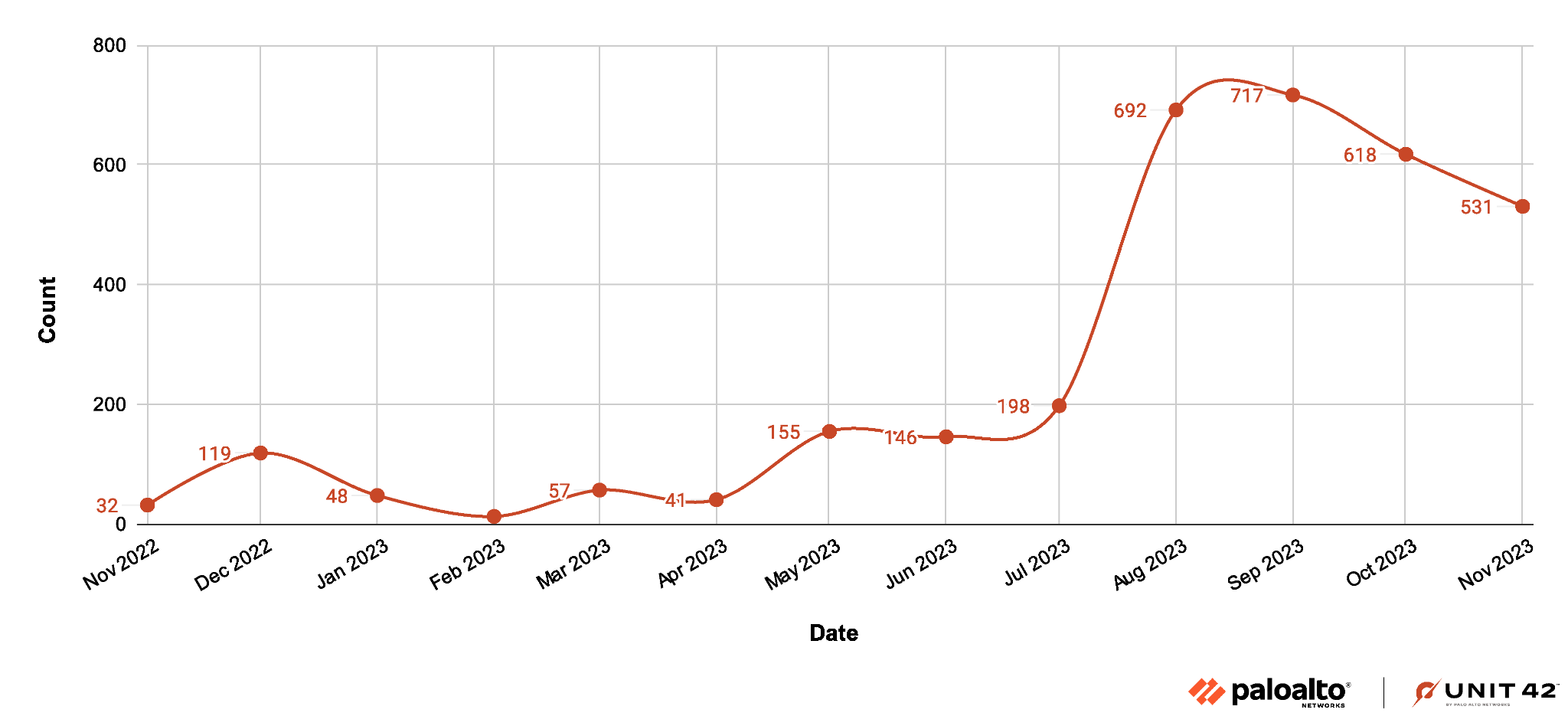The recovery process is ongoing and will involve a full technical rebuild, with the Library working closely with the UK government to ensure a secure and financially sustainable recovery.
The Azorult malware, known for stealing sensitive data, has resurfaced with a sophisticated approach. It is distributed through malicious PDF files that contain a shortcut file.
The environmental services industry experienced an alarming surge in HTTP-based DDoS attacks during COP 28, highlighting the increasing intersection between environmental issues and cyber security.
Microsoft has announced that it will store all customer data in the European Union (EU) rather than transferring it abroad. This move is aimed at complying with varying privacy regulations across jurisdictions.
Insider actions and human error account for the majority of data breaches in UK law firms, emphasizing the need for robust cybersecurity measures to protect sensitive information.
The Beijing Wangshendongjian Judicial Appraisal Institute Institute’s claim that AirDrop’s anonymization techniques can be easily circumvented raises concerns about the vulnerability of user identities and the potential for surveillance.
A new family of malicious Android Package Kit (APK) files has been discovered targeting Chinese users. The attackers pose as law enforcement officials and claim the victim’s phone number or bank account is involved in financial fraud.
Suspected nation-state threat actors have been exploiting two zero-day vulnerabilities in Ivanti Connect Secure VPN appliances to gain backdoor access to targeted devices.
The Medusa ransomware group has escalated its activities by introducing a dedicated leak site called the Medusa Blog, where they disclose sensitive data from non-compliant victims.
The vulnerability (CVE-2023-7028) allows attackers to reset passwords through unverified email addresses, affecting all self-managed instances of GitLab Community Edition and Enterprise Edition.









